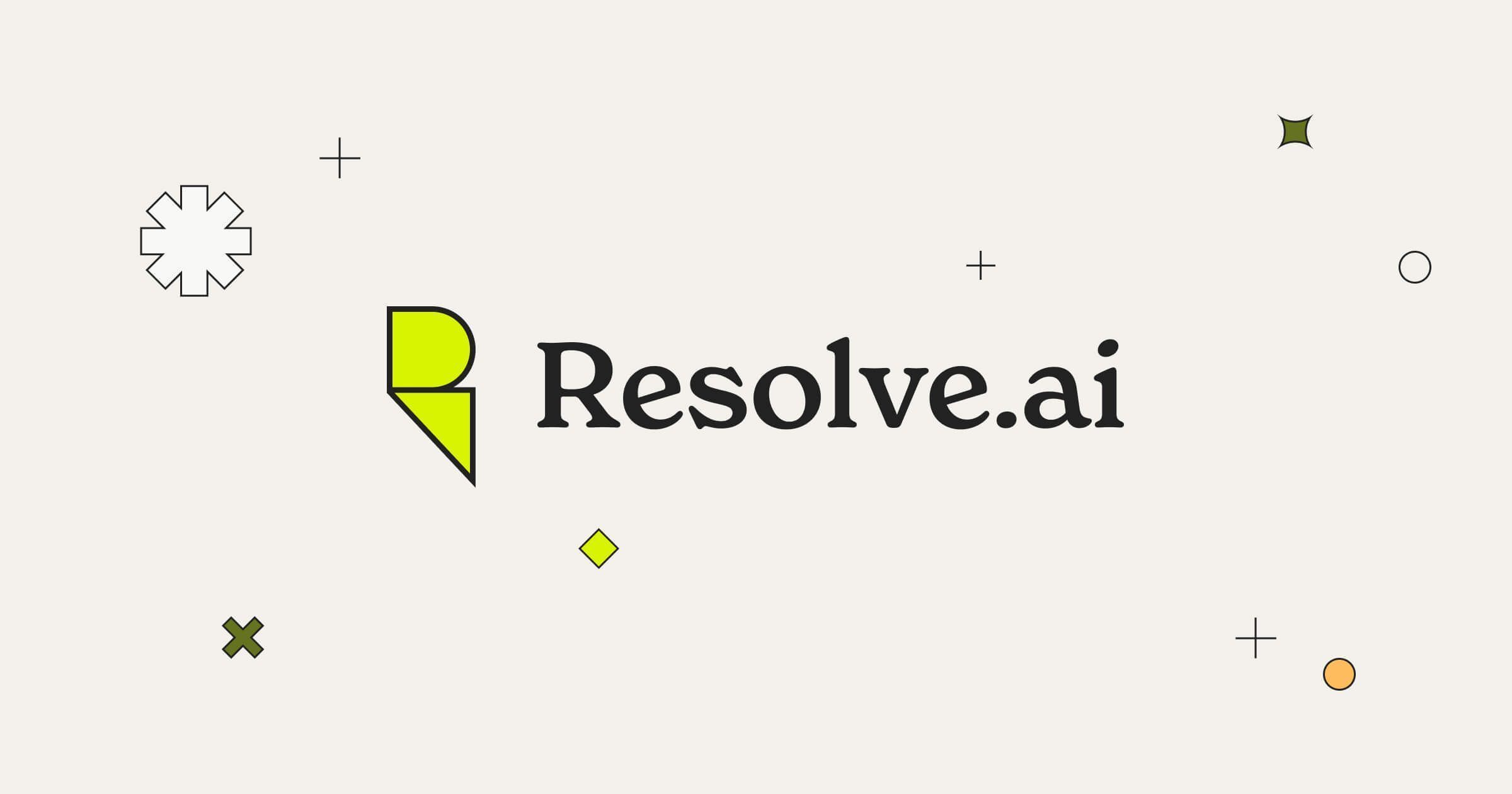
At Resolve AI, we envision a future where software never fails and operates seamlessly around the clock. Our mission is to transform the complex landscape of production engineering by delivering an AI-first platform that autonomously manages and resolves incidents, safeguarding the digital backbone of enterprises worldwide.
Through cutting-edge AI reasoning combined with a continuously evolving knowledge graph of each customer's production environment, we provide unprecedented autonomy and intelligence in incident response. Our technology harnesses deep integrations with cloud and observability tools to empower organizations to maintain reliability at scale without the traditional overhead.
We are driven by the conviction that autonomous AI production engineers will revolutionize software reliability, enabling engineering teams to focus on innovation while we ensure their systems remain resilient and performant in an ever-demanding digital world.
Our Review
We've been tracking AI-powered DevOps tools for a while now, but Resolve AI caught our attention for doing something genuinely different. Instead of another chatbot that helps engineers debug faster, they've built what amounts to a virtual SRE that actually fixes production issues autonomously.
The company's founded by serial entrepreneurs who previously sold to VMware and Splunk—plus they co-created OpenTelemetry, which gives them serious street cred in the observability space. When we dig into their background, it's clear they understand the pain points firsthand.
What Makes It Click
Here's where Resolve AI gets interesting: their system doesn't just alert you when something breaks. It investigates the issue, traces through logs, performs root cause analysis, and often applies fixes—all within minutes of an incident occurring.
We're talking about a multi-agent AI that builds and continuously updates a knowledge graph of your entire production environment. It learns your team's conventions, understands your infrastructure quirks, and gets smarter with every incident it handles.
The Numbers That Matter
Early customers are reporting some impressive results. We're seeing claims of 75% boosts in engineering productivity and 80% faster issue resolution times. While we always take vendor-reported metrics with a grain of salt, these numbers align with what you'd expect if the system really works as advertised.
DataStax and other enterprises have already deployed this in production environments, which suggests the technology is mature enough for real-world use cases.
Who Should Pay Attention
This isn't for every team. If you're running a simple monolith with straightforward deployment patterns, you probably don't need an AI SRE. But if you're managing complex, distributed systems across AWS, Kubernetes, and multiple tools, Resolve AI could be a game-changer.
Engineering teams drowning in on-call rotations and incident fatigue will find the most value here. The $35 million in funding from AI heavyweights like Fei-Fei Li and Jeff Dean suggests the investor community believes this approach has legs.
We're curious to see how this plays out as more companies adopt AI-first operations. The idea of truly autonomous incident response feels like the natural evolution of SRE practices—assuming the AI can earn engineers' trust in high-stakes production environments.
Feature
Agentic AI platform functioning as a production Site Reliability Engineer (SRE)
Autonomous troubleshooting and resolution of software production issues
Deep integration with AWS, Kubernetes, GitHub, Slack
Root cause analysis, alert investigation, log querying, remediation actions
Continuous learning and knowledge graph updates of production environment








